PM assures citizens of currency stability
Prime Minister Mirko Cvetković assured citizens that the dinar is stable, despite today's fall to its lowest value since the beginning of the year.
Monday, 27.10.2008.
09:57

Prime Minister Mirko Cvetkovic assured citizens that the dinar is stable, despite today's fall to its lowest value since the beginning of the year. According to the National Bank of Serbia (NBS) exchange rate, one euro is today worth RSD 84. However, Cvetkovic said that the domestic currency has been stable for a prolonged period of time and that this fluctuation is within normal. PM assures citizens of currency stability Cvetkovic told B92 that citizens have no need to pull their savings from banks. He added that the changes in the value of the dinar are far from the situation in Serbia during the 1990s – which saw collapse of the currency and hyperinflation – adding that with the periodic interventions of the NBS, the dinar is relatively stable. The prime minister also said that the dinar is more stable in relation to inflation. “We have inflation of seven-eight percent, and the exchange rate is almost there. We had an exchange rate of 82-83 dinars a year or two ago. The National Bank has been conducting a policy to tie the rate to supply and demand, and regardless of the movement that has been seen, it is being maintained without any major interventions,” Cvetkovic said. The prime minister continued that the change in the law that will increase the guaranteed savings for citizens from EUR 3,000 to 50,000 will be adopted within the next ten days, adding that the savings are safe. “I think that the savings of the citizens are safe, taking into consideration the amount of reserves in the National Bank an which banks have consigned based on the foreign currency deposits. That is one thing, but on the other hand, we want to enter into Europe and the European Commission proposed the sum of 50,000, which several countries have done in the last 15-20 days,” Cvetkovic said. Cvetkovic speaks in Belgrade on Monday (Tanjug) Warnings of recession Cvetkovic also spoke on Monday to say that the international financial crisis would result in "some kind of recession in Serbia", since reduced economic growth at the level of about four percent of the GDP was expected next year. Opening the Second Business Round Table in Belgrade, attended by large Serbian and foreign companies and government officials, Cvetkovic said that funds available for investments in the Serbian economy would also be reduced in 2009. The prime minister added that one of the responses to the international financial crisis would have to be a more restrictive fiscal policy and reduced public spending. He said that next year, the budget deficit should be below two percent and that public spending should not exceed 44 percent of the GDP. Cvetkovic said that the estimate was that the economic growth this year would be at about seven percent and that the inflation rate should be "comparatively low for our conditions - one-digit." He added that all economic indicators for this year were "positive and optimistic" but that the "wave of the international financial crisis is coming to our shore, too." "A year that can be assessed to be more difficult than this one is ahead of us, but since the crisis will hit other countries as well, we may make our territory more attractive for foreign investments if we make additional efforts," Cvetkovic told his audience in Belgrade today.
PM assures citizens of currency stability
Cvetković told B92 that citizens have no need to pull their savings from banks.He added that the changes in the value of the dinar are far from the situation in Serbia during the 1990s – which saw collapse of the currency and hyperinflation – adding that with the periodic interventions of the NBS, the dinar is relatively stable.
The prime minister also said that the dinar is more stable in relation to inflation.
“We have inflation of seven-eight percent, and the exchange rate is almost there. We had an exchange rate of 82-83 dinars a year or two ago. The National Bank has been conducting a policy to tie the rate to supply and demand, and regardless of the movement that has been seen, it is being maintained without any major interventions,” Cvetković said.
The prime minister continued that the change in the law that will increase the guaranteed savings for citizens from EUR 3,000 to 50,000 will be adopted within the next ten days, adding that the savings are safe.
“I think that the savings of the citizens are safe, taking into consideration the amount of reserves in the National Bank an which banks have consigned based on the foreign currency deposits. That is one thing, but on the other hand, we want to enter into Europe and the European Commission proposed the sum of 50,000, which several countries have done in the last 15-20 days,” Cvetković said.
Warnings of recession
Cvetković also spoke on Monday to say that the international financial crisis would result in "some kind of recession in Serbia", since reduced economic growth at the level of about four percent of the GDP was expected next year.Opening the Second Business Round Table in Belgrade, attended by large Serbian and foreign companies and government officials, Cvetković said that funds available for investments in the Serbian economy would also be reduced in 2009.
The prime minister added that one of the responses to the international financial crisis would have to be a more restrictive fiscal policy and reduced public spending.
He said that next year, the budget deficit should be below two percent and that public spending should not exceed 44 percent of the GDP.
Cvetković said that the estimate was that the economic growth this year would be at about seven percent and that the inflation rate should be "comparatively low for our conditions - one-digit."
He added that all economic indicators for this year were "positive and optimistic" but that the "wave of the international financial crisis is coming to our shore, too."
"A year that can be assessed to be more difficult than this one is ahead of us, but since the crisis will hit other countries as well, we may make our territory more attractive for foreign investments if we make additional efforts," Cvetković told his audience in Belgrade today.











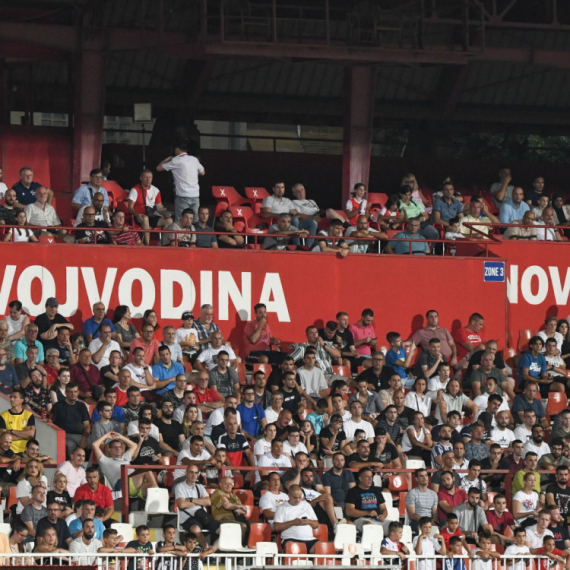

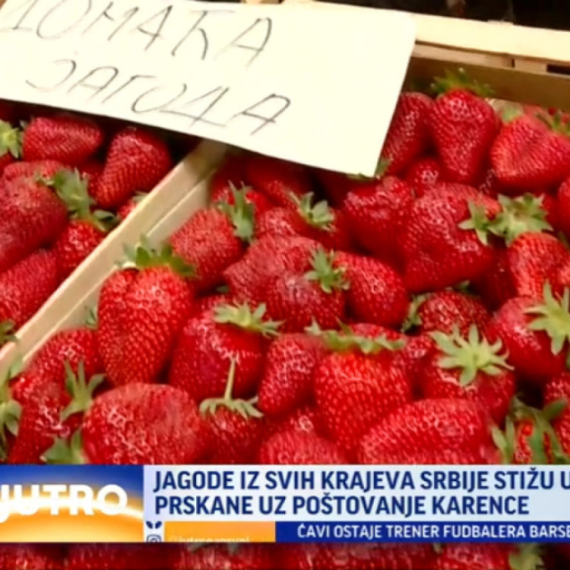

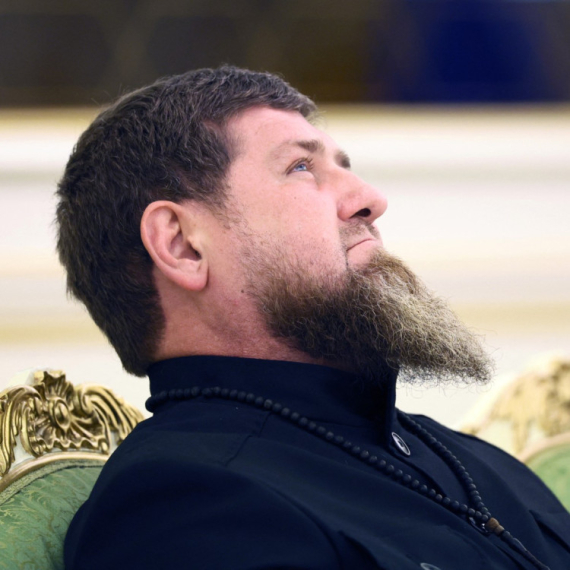

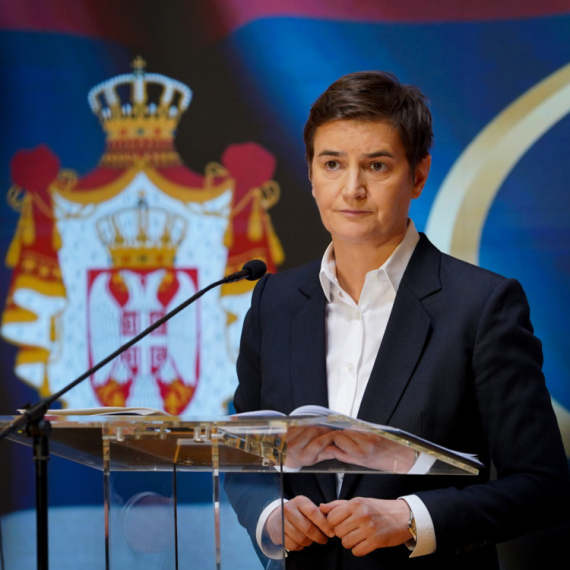


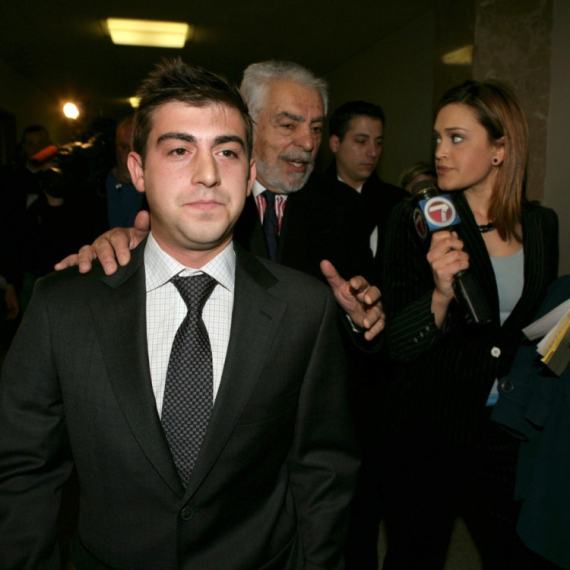





















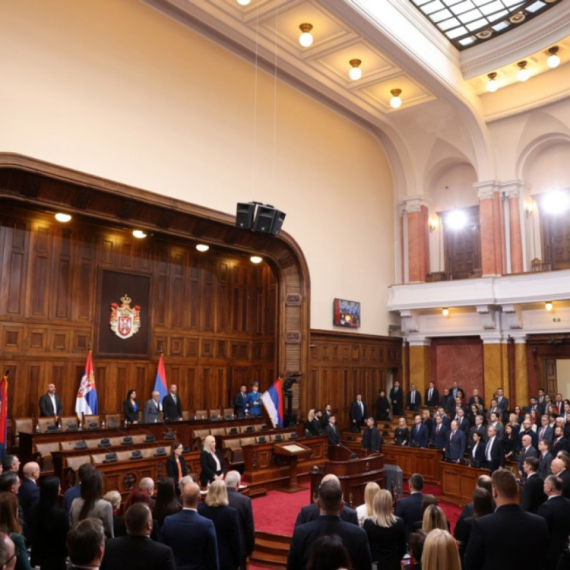













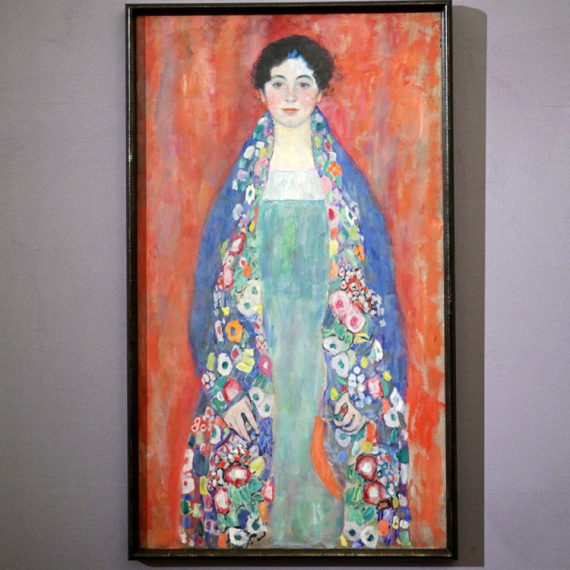

Komentari 8
Pogledaj komentare